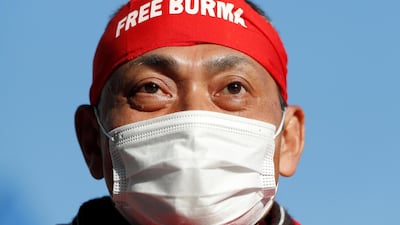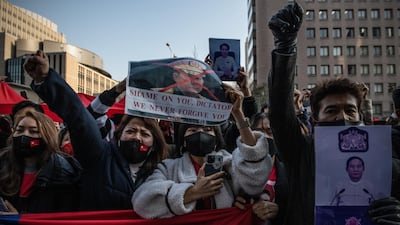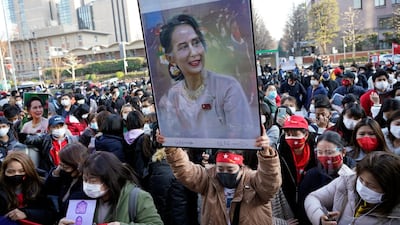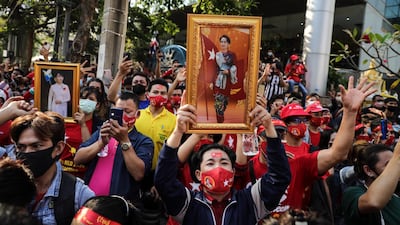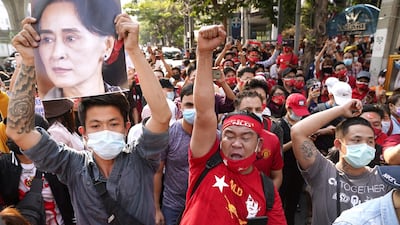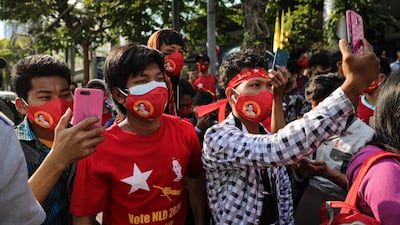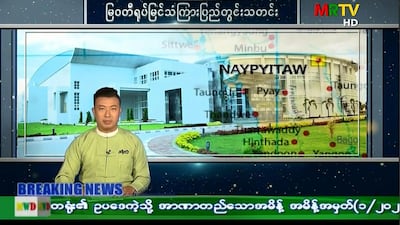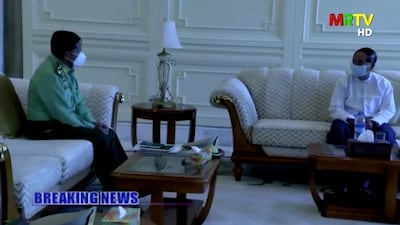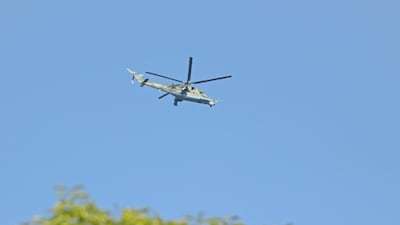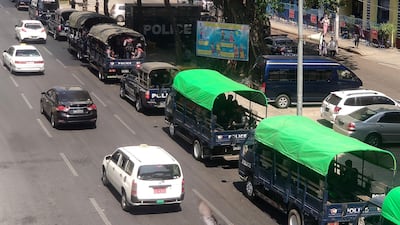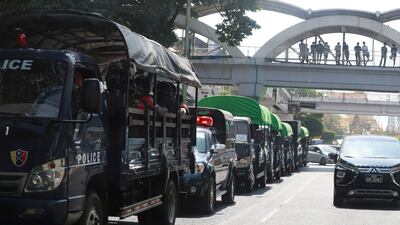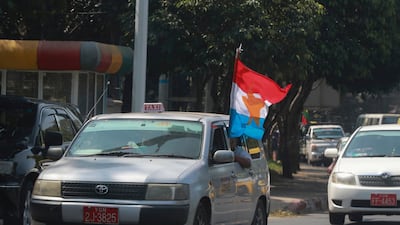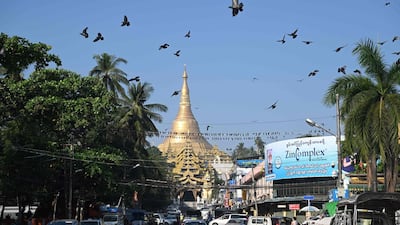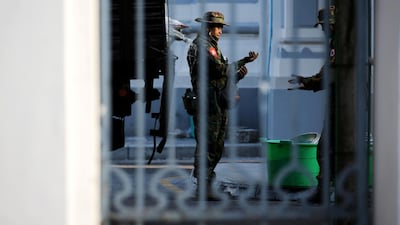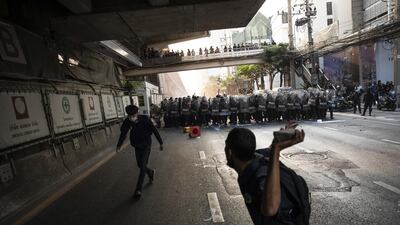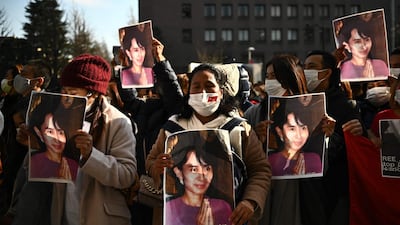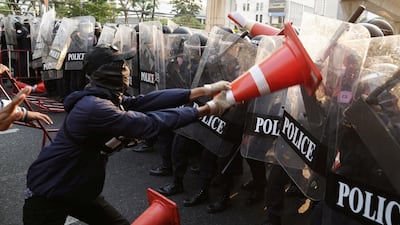The United States says it supports a peaceful, prosperous, and democratic Burma; the British government, until recently, would as well. While in Australia, officials may be heard to talk about activities in Burma or Myanmar, depending on the day.
Other times, you will also hear or read the phrase, “Myanmar, also known as Burma”.
So, what is the country called, why is there debate and what is the “correct” name?
Where did the name come from?
The word Burma comes from the name of the country’s largest ethnic group and has been in use for hundreds of years, with inscriptions dating back to the 1100s.
It might not be obvious to the ear of an English speaker, but Burmah – as it was previously spelt – is a corruption of the pronunciation of Myanmar, and in the Burmese language there is a sharp difference between spoken and written forms. Those early inscriptions were essentially spelt Myanmar.
The British – who colonised and ruled Myanmar for more than 100 years, from 1824 to 1948 – called it British Burma and on independence, it became the Union of Burma.
But, in 1989, the military ruling junta decided to change the official name from Burma to Myanmar, after a review of colonial-era names used for the country, cities – Rangoon became Yangon – and province titles.
Why did the name change and what was the controversy?
The military rulers said that the new name was more inclusive of the country’s minorities, while opponents said it was just a more formally written version of the same thing.
Human rights groups have also argued that the new name is in fact more anti-minority, as the military enforcing the name change has persecuted minorities, including being accused of genocidal intent for the 2017 crackdowns in Rakhine State.
In the media, many outlets kept using Burma for some time.
The general approach is to use the title that most readers or listeners will know and understand. Over the years, many have slowly changed to putting Myanmar above Burma as the change became more commonly known. But most will still put the clarifier "also known as Burma" after the first reference.
But while the change was recognised by the UN, France and many other nations, it was not by the UK or US.
Why? Politics, mostly.
Why some countries still use Burma
The isolated Myanmar military junta was no friend to either the US or the UK governments, who both urged a transfer to civilian rule. The political background to the change, therefore, influenced policies towards the naming convention.
Mark Farmaner, of Burma Campaign UK, a human rights non-government organisation, told the BBC in 2011: "Often you can tell where someone's sympathies lie if they use Burma or Myanmar. Myanmar is a kind of indicator of countries that are soft on the regime."
But, he said, the issue over the name was not nearly as important as how the country treats minorities, human rights and freedoms.
Changing attitudes
As the country began to move towards democratic transition after 2008, this posed an issue for the likes of the US.
When, in 2011, Hillary Clinton, secretary of state at the time, became the first person in the post to visit since 1955, what was she to call the country? Officials said that she saw it as an "unhappy choice" – offend her hosts or upend years of US policy?
Her solution? She said Burma – sparingly – but mostly avoided any name, instead using phrases like "this country" wherever possible.
But with the democratic reforms from 2011, more countries started referring to Myanmar more often.
The British government cited the elected National League for Democracy government’s preference for their style change.
When Aung San Suu Kyi took charge as State Counsellor of Myanmar in 2016, she tried to settle the naming issue.
Foreigners, she said, were free to use either, as there was no specific term listed as the official name of the country in the constitution.
